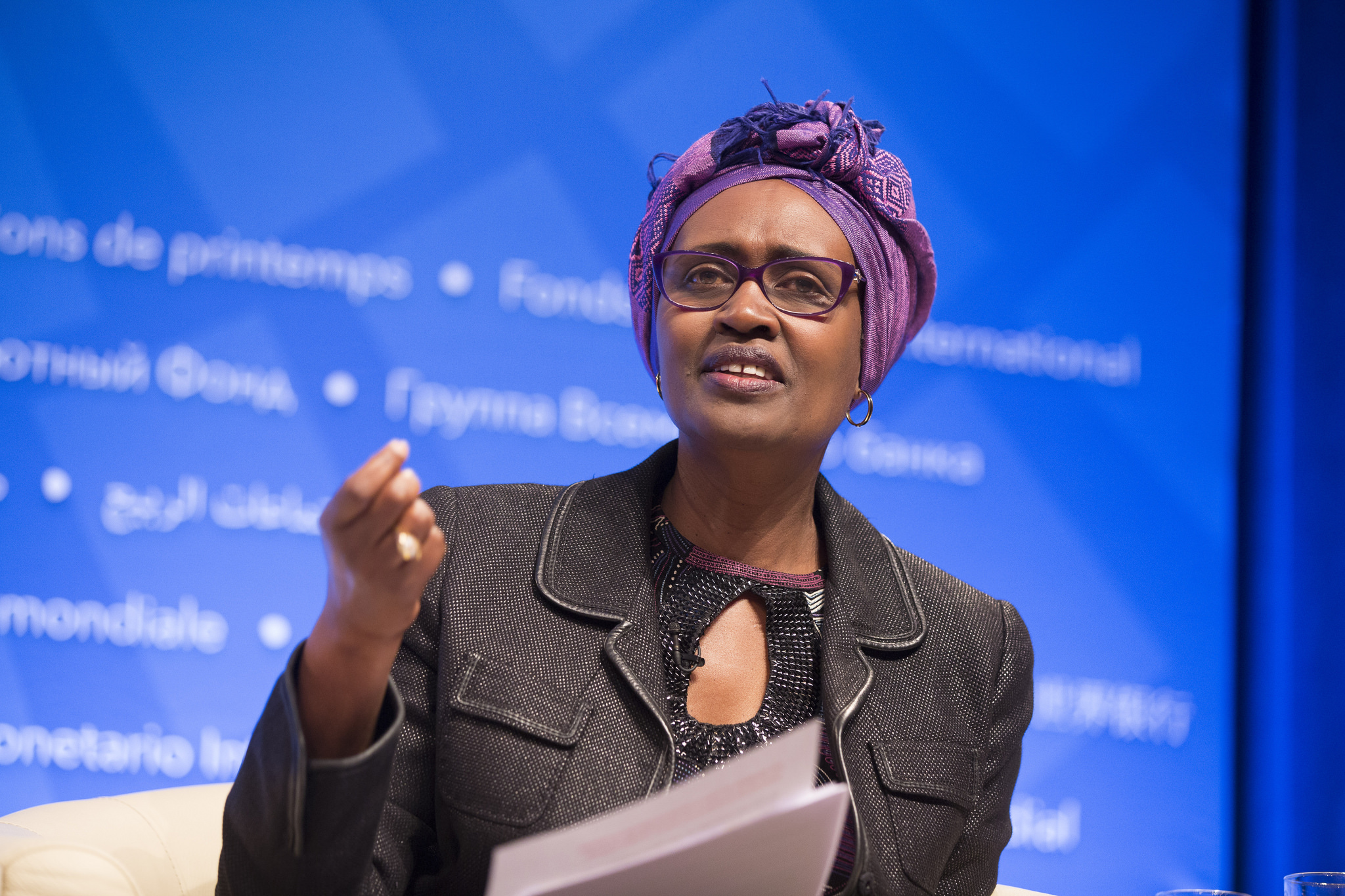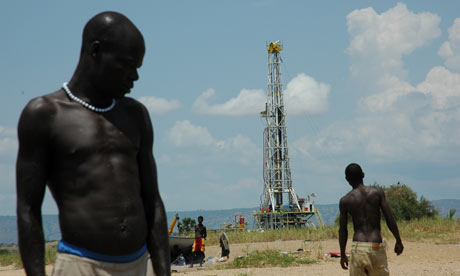[vc_row][vc_column width=”1/2″][vc_column_text]
Uganda
Uganda was the 101st largest economy in the world by nominal GDP in 2018. Its GDP per capita was $643 USD. Personal remittance were 4.48 percent of GDP in 2018. The growth of the oil and ICT industries promises to continue the recent transformation of the Ugandan economy. It was ranked 137th in the World Bank's Human Capital Index and 77th in the Economic Complexity Index in 2017. It is a member of the East African Community and the African Union. Services was the largest economic sector in 2018 (47.6 percent of GDP), followed by agriculture (24.2 percent), and manufacturing (8.3 percent). In 2017, the largest export sectors were agriculture (40.3 percent), services (36 percent), and stones (8.75 percent). The largest individual exports were travel and tourism (20.6 percent), coffee (11.6 percent), ICT services (4.01 percent), and gold (8.6 percent). Its largest export partners were Kenya (18.6 percent), UAE (13.87 percent), South Sudan (9.5 percent), Congo DR (6.5 percent), and Rwanda (6.2 percent). The largest goods imports were refined petroleum (15.7 percent), palm oil (5.2 percent), packaged medicaments (4.3 percent), and transmission apparatus for radio, televisions, and telephones (3.8 percent). Britain gained exclusive influence over the territory of Uganda after signing a treaty with Germany in 1890. In 1894, Buganda, the leading kingdom in the region, became a British protectorate. Neighbouring kingdoms became protectorates in 1896. In 1900, Britain gave Buganda autonomy within the larger protectorate and leveraged their dominance throughout the country. Cotton was introduced in 1904 and coffee and sugar in the 1920s. Cotton was typically grown by small local landholders while coffee was initially grown on British plantations. The economy struggled during WW1 and the depression but boomed after WW2 with rising coffee and cotton prices. In 1958, Uganda was given autonomy and then independence in 1962. Buganda retained a large degree of autonomy. In 1967, President Milton Obote asserted himself and abolished the kingdoms. The kingdoms were restored in 1993. In 1971, leading general Idi Amin led a successful military coup, after his relationship with Obote began to deteriorate. His reign of terror ended in 1979 when Tanzania repulsed a Ugandan invasion in 1978 and continued on to topple Amin. After the devastation of the Amin period, the economy initially recovered but then suffered from poor macroeconomic policies, high public debt, and internal conflict. The economy was transformed in the 1990s with structural reforms of the Museveni government and the growth of manufacturing and services. The discovery of oil in 2006 was a boon but conflict in South Sudan slowed growth. In recent years the government has been investing heavily in infrastructure and energy to promote long-term growth. Strong growth in the ICT sector and better agricultural conditions has seen growth improve recently.
[/vc_column_text][vc_column_text] Its population in 2018 was 44,270,563 [1]
Its population in 2018 was 44,270,563 [1]
 In 2015, 89.06% of its total energy
In 2015, 89.06% of its total energy
consumption was renewable [2]
 In 2021, its GDP grew by 3.38% [2]
In 2021, its GDP grew by 3.38% [2]
 In 2021 it had a negative Current
In 2021 it had a negative Current
Account Balance of US$bn 3.34 [3]
 Its Expenditure on R&D (as a percentage of
Its Expenditure on R&D (as a percentage of
GDP) in 2014 was 0.14% [2]
What free trade areas or economic unions is it a member of?
Member of the African Continental Free Trade Area (AfCFTA) since 01/04/2019
Other members:
Benin, Burkina Faso, Cameroon, Chad, Congo, Côte d'Ivoire, Djibouti, Egypt, Equatorial Guinea, Eswatini, Ethiopia, Gabon, Gambia, Ghana, Guinea, Kenya, Mali, Mauritania, Namibia, Niger, Nigeria, Rwanda, Sao Tome and Principe, Senegal, Sierra Leone, South Africa, Togo, Western Sahara, Zimbabwe
What trade deals are there between African Continental Free Trade Area and other countries and economic unions?
None
[/vc_column_text][vc_column_text]What trade deals are there with other countries and economic unions?
Common Market for Eastern and Southern Africa (from 08/12/1994)
[/vc_column_text][/vc_column][vc_column width=”1/2″][vc_column_text]Sango: Friends and Founders Share Core Values — and a Commitment to the Future of the African Continent
Winnie Byanyima: From the Bush to the Global Stage
World Economic Forum: Chile and Colombia Best in Entrepreneurial Vitality
Partnering to Support Uganda’s Roads PPP Program
LEX Africa: The Changing Face of Power in Africa
Ugandan Oil PLC is Off the Starting Blocks
Trade with the United Kingdom
Source: UK Office for National Statistics, October 2022.
Contains public sector information licensed under the Open Government Licence v3.0.
Loading, Please Wait!
This may take a second or two.



















































































